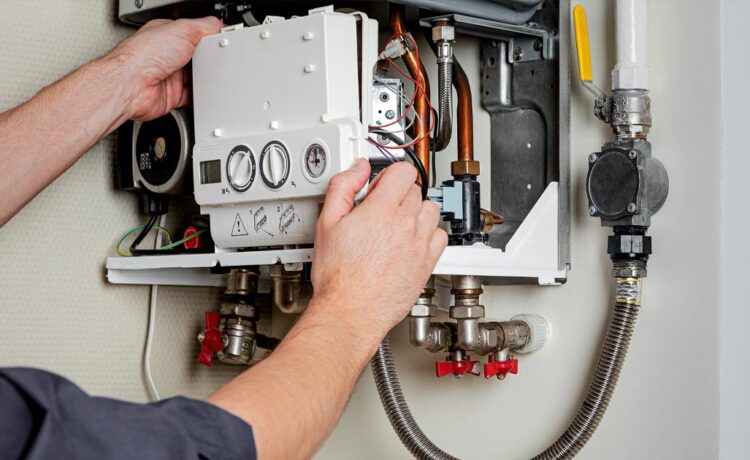The boiler plays a major role in your home’s water heating and/or heating system. If it suddenly stops functioning, that might be quite challenging. A broken boiler can increase electricity costs, decrease comfort at work, and even endanger the health of employees. Keep an eye out for these signs that your boiler requires maintenance. With more than 20 years of expertise, Warhold Plumbing, Heating and Air Conditioning has been providing careful, customer-first service to the people of Greensburg, Pennsylvania, and the surrounding area. Their service gives their clients peace of mind. We can maintain cheap costs and prioritize the demands of our consumers because our business is family-owned.
Alerts for Unusual Sounds
During regular operation, your boiler ought to be quite noiseless. It’s probably broken if it starts to make a lot of noise. It might be time to replace your pump or fan if it makes clunking, whirring, or pounding noises. Your boiler may whistle or gurgle due to low water pressure. The boiler may also be kettling, which is another possibility. The water in the heat exchanger boils and releases steam when the debris and salts condense. A professional inspection of your boiler may identify the exact problem.
Stale Odor
Your boiler will stop working correctly and could pose a health risk to you and your staff if it leaks carbon monoxide. One common early sign of a carbon monoxide leak is a little odor. What you’re smelling isn’t so much carbon monoxide as it is incorrect boiler combustion.
Bright Yellow Flame
A yellow flame is another indicator that your boiler is losing carbon dioxide. A boiler flame’s typical hue is blue. Examine the boiler’s casing for any flaws that might point to an issue. These are all good reasons to get in touch with a repair professional straight immediately. The people inside the building should flee if the boiler releases carbon monoxide. It has been reported that carbon monoxide poisoning can cause mortality, disorientation, nausea, and respiratory problems.
Increasing Costs of Heating
It’s most likely not a coincidence if your heating costs have increased. There may be a leak in the boiler or some other problem that needs to be fixed. You may be able to reduce your heating costs by switching to a modern, more energy-efficient boiler if your current one is older than fifteen years. You are aware of how critical a reliable heating system is to the comfort of your employees and customers, whether you work in an office, a church, or a warehouse. However, what happens if your building doesn’t warm up quickly or stays cool even after you turn on the heat? It’s likely that your boiler has to be fixed. Due to the complexity of boiler systems, it is essential that your unit be inspected by a certified technician.
Breach
Many times, people assume that a leaky boiler is not a big deal. On the other hand, a leak can quickly spread to your floor and walls, resulting in significant water damage to your entire company. It’s important to regularly inspect your boiler, and you should get in touch with a repair provider as soon as you see any leakage.
Not Enough Hot Water
There can be a boiler issue if the hot water does not heat up or remain hot. One or more of the boiler’s airlock, diaphragm, thermostat, or valve may be broken. Have an expert examine your boiler to check for damage before making any repairs. In a similar vein, you can run into problems if the water you use is significantly colder or warmer than it should be. It’s possible that your heater’s circulation is problematic. You should engage a specialist because your boiler isn’t heating the water on a regular basis.
Make an instant contact to a reputable boiler repair provider if you experience any of these issues. The building’s heat and hot water can be restored if your boiler can be fixed fast.







